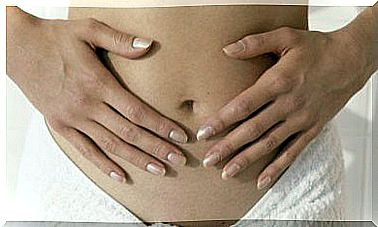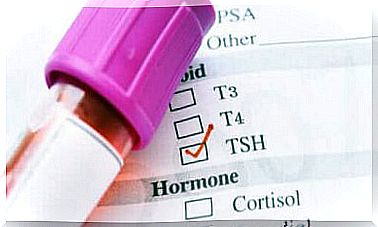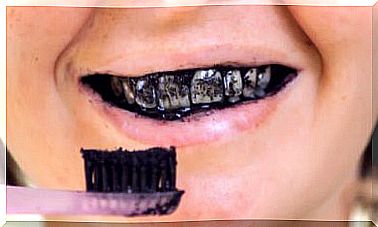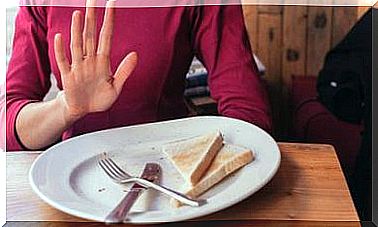Coronavirus: Tips To Avoid Touching Your Face All The Time
Various strategies help us to reduce the risk of infection and to slow down the spread of the coronavirus. One of these recommendations is to avoid touching your face all the time. Find out today the reasons behind this and how you can best get rid of this habit.

Why shouldn’t you touch your face in times of the coronavirus ? Various precautionary measures are fundamental to prevent infection with SARS-CoV-2 and to protect yourself and others. This also means that you should touch your face as little as possible. In particular, it is important to avoid contact with the eyes, nose and mouth.
In order to understand exactly why this is so important, we will then briefly summarize how the new coronavirus penetrates the organism and triggers an infection. We also mention other preventive measures that are essential to reduce the risk of infection.
How does the new coronavirus get into our organism?
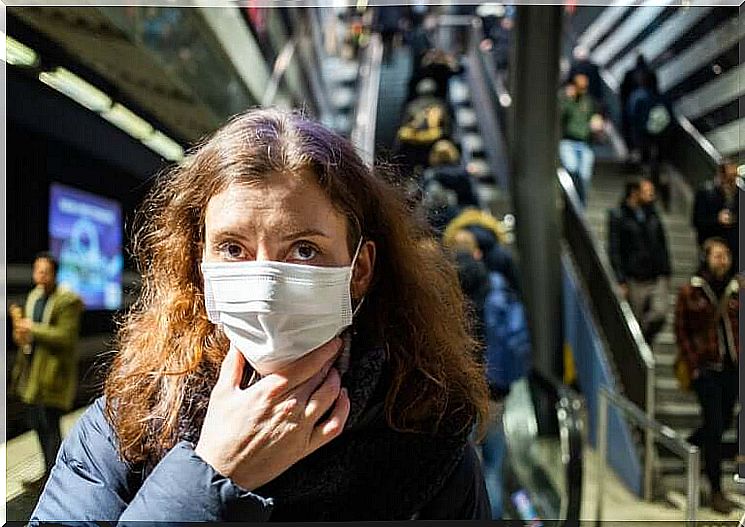
Covid-19 is an infectious disease that, like many other diseases of this type, is spread by droplet transmission. This means that when an infected person speaks, sneezes or coughs, the SARS-CoV-2 virus can infect other people via small droplets if these get into the mucous membranes of the mouth, nose or eyes.
However, the infection does not only occur through direct contact between people. The droplets can also stick to objects or surfaces, with the virus remaining active. If someone then grabs this infected surface and then puts a hand in the face, an infection could result.
Since the infection usually occurs this way, you should try not to touch your face if possible. With this you can reduce the risk of getting Covid-19.
This protective measure is very simple, but at the same time very efficient. Other infectious diseases could also be reduced. You should definitely get rid of the habit of reaching into the face, because you can use it to protect yourself against the flu, for example.
Don’t touch your face and other preventive measures
The new coronavirus can survive on surfaces for long periods of time. You should therefore regularly clean and disinfect areas that are touched frequently . For example, we are talking about doorknobs, electronic devices, buttons in elevators, banisters in public buildings, etc.
This can be used to remove viruses from these surfaces and at the same time reduce the risk of infection. We must not forget that many infections with SARS-CoV-2 or other pathogens occur in this way.
The right preventive measures not only help to slow down the spread of the new coronavirus, but are also very effective in protecting against other infectious diseases. We can use these simple habits to protect individual and collective health.
Preventive measures in times of the corona pandemic
- Frequent and thorough hand washing with soap and water, use of disinfectant gel
- Keep your distance from other people
- Avoid touching your face, especially avoid contact with the mouth, nose and eyes
- Cleaning and disinfecting the surfaces with which we have frequent contact
Key to avoid touching your face all the time
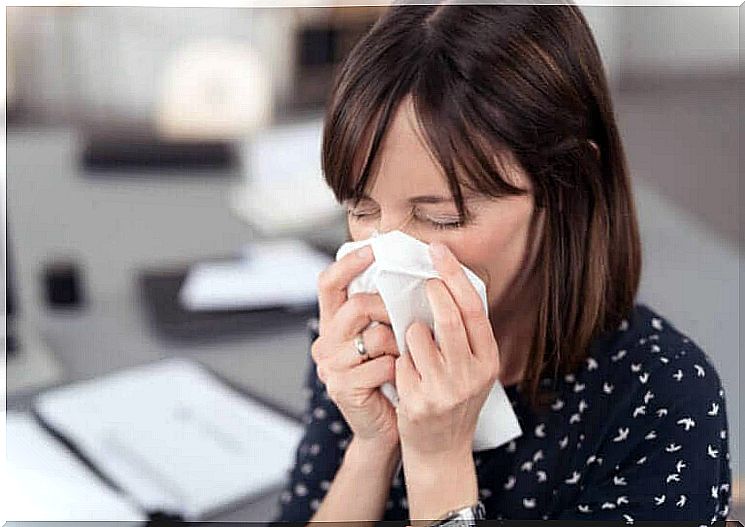
What can we do to get rid of the habit of constantly touching our faces? We usually do this unconsciously and automatically, but we have a few tips for you that will help you implement this precautionary measure:
- You should always have tissues on hand that you can use if you feel itchy, clean your nose, or dry your eyes, for example. After using the handkerchief, dispose of it in such a way that there is no longer any danger.
- You can also use a tissue to sneeze or cough. If you don’t have one on hand, don’t forget to cough or sneeze in the crook of your arm. The handkerchief must be disposed of immediately after use to reduce the possible risk of infection. Then wash your hands thoroughly with soap and water!
- Try to keep your hands busy so as not to unconsciously bring them to your face.
- Observe yourself to find out which situations are subconsciously putting you in the face. You may feel itchy, have an allergy, use contact lenses, or have other habits.
We might think that in practice it is easier to wash your hands frequently than not to bring them to your face. But don’t forget that both precautionary measures are essential to preventing infection.
